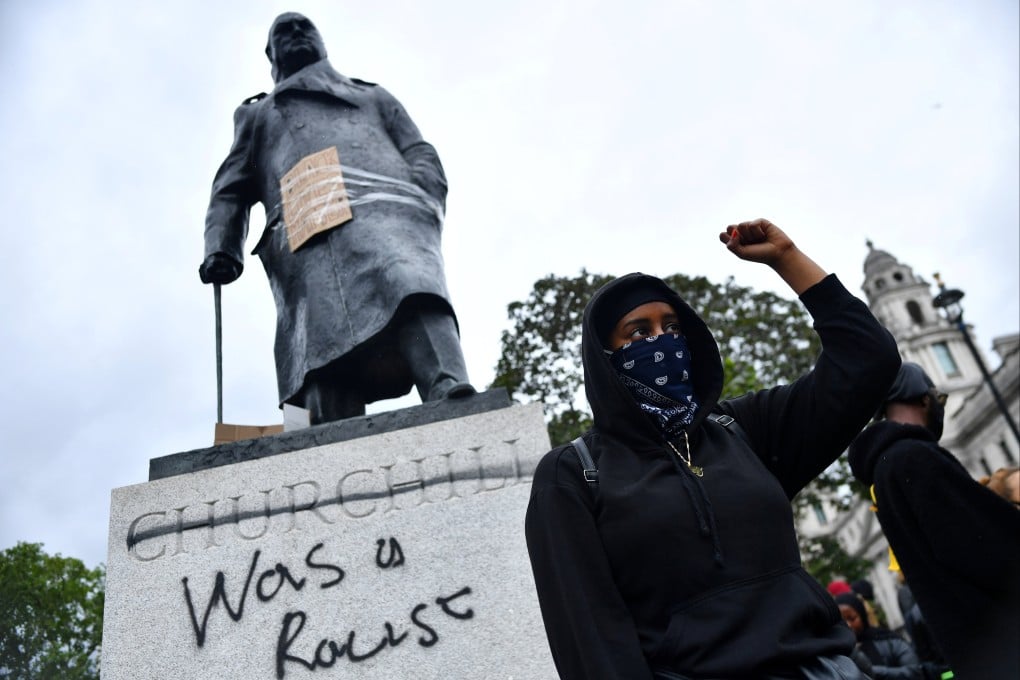My Take | Of course Winston Churchill was racist, but it also doesn’t matter
- The real question is whether the ‘greatest’ British prime minister could look beyond his racism in dealing with other peoples and making rational judgments in such situations

I read with great amusement and a little outrage an article from last week’s Spectator, the conservative British publication, which claimed to have examined “Churchill’s 20 million published words, including nearly 60 books, 2,000 articles, thousands of speeches and private letters and papers, [as well as] 60 million words about Churchill by biographers and memoir writers”.
Titled “Was Winston Churchill a racist? A look at the evidence”, it concluded he was not. The research was based on the Churchill Project at Hillsdale College, a conservative Christian liberal arts college in Michigan, the United States. But what prompted it is the ongoing debate, mostly in Britain and India, about Churchill’s alleged racism, which has, in recent years, led to the defacing of his public statues and demands for their removal.
This public spat between conservatives or traditionalists on the one hand, and social justice warriors and Indian nationalists on the other strikes me as a storm in a teacup. But it has, unfortunately, caused his fans to portray him in a more positive light than historically warranted.
Of course Churchill was racist. He dismissed the People’s Liberation Army before the outbreak of the Korean war: “Four million pigtails don’t make an army.” Writing in 1954, he declared: “I hate people with slit eyes and pigtails.” Slit eyes maybe, but Chinese communist pigtails?
He once said: “I hate Indians. They are a beastly people with a beastly religion.” Another time, he raged against “the beastliest people in the world next to the Germans” because the Indians kicked the British Empire out of the subcontinent.
Well, I guess you could be as white as the Germans and still be considered “beastly” in his book. Of course, he didn’t always hold such a view of the Germans. I dug up for this column an essay he wrote in 1935, titled “Hitler and his choice” and later republished in his book Great Contemporaries. In the 1937 book, a collection of essays, he reserved his nastiest venom for Leon Trotsky, whom he described as “a skin of malice”.
But, oh boy, how admiring he was of the fuhrer! He certainly wasn’t racist with the Germans then. The essay is just six pages long. The 1937 version was rewritten from the earlier one. The dates are important, as they showed that his view of Hitler was still largely positive up to that late period.
